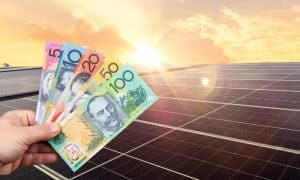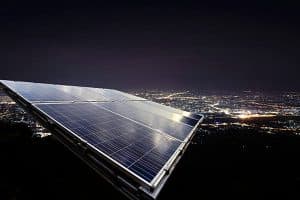The Queensland Competition Authority has given the nod to further electricity price hikes, with the Benchmark Retail Cost Index (BRCI) set to increase by an estimated 6.6% in 2011-2012.
The 6.60% increase in the BRCI is mostly made up of increases in network costs, “largely reflecting the ongoing investment in Queensland’s distribution networks”. The increase in the network cost component contributed 5.24 percentage points to the change in the BRCI (79% of the total increase).
While some media reports have incorrectly stated renewable energy is a major culprit; feed in tariffs and other green energy schemes for solar power in Queensland are contributing less than 10% of the increase. The Queensland Competition Authority states:
“1.66% increase in the energy cost component ($/MWh), reflecting an increase in the long run marginal cost of energy offset by a reduction in the purchase cost of energy plus some changes in other energy costs, including an increase in the cost of the Federal Government’s Expanded Renewable Energy Target and a reduction in the cost of complying with the Queensland Gas Scheme, as well as the 2.13% reduction in load. As energy costs account for around 41% of total costs, the 1.66% increase contributed 0.68 percentage points to the change in the BRCI (10% of the total increase)”.
The Authority states had the Queensland government decided not to limit the amount of revenue it would allow Energex and Ergon Energy to collect in the next year, the BRCI increase would have been 8.31%.
Even at 6.6%, the price rise will put an additional unwelcome squeeze on families and businesses who, like households and companies in other states, have endured ongoing major electricity cost hikes; with no end in sight – a situation warned of by Energy Minister Martin Ferguson in March last year when he stated that prior price rise delays in Australia were now “coming home to roost“.
Increasingly, Queenslanders are turning to energy efficiency strategies and solar panels to help act as a buffer against rapidly escalating electricity prices, with the assistance of government rebates and incentives currently available. Aside from the Federal Solar Credits rebate that reduces the cost of acquiring a solar energy system by thousands of dollars, Queensland also offers a feed in tariff program, where system owners are paid 44c per kilowatt hour for surplus electricity generated that is exported to the mains grid.









































